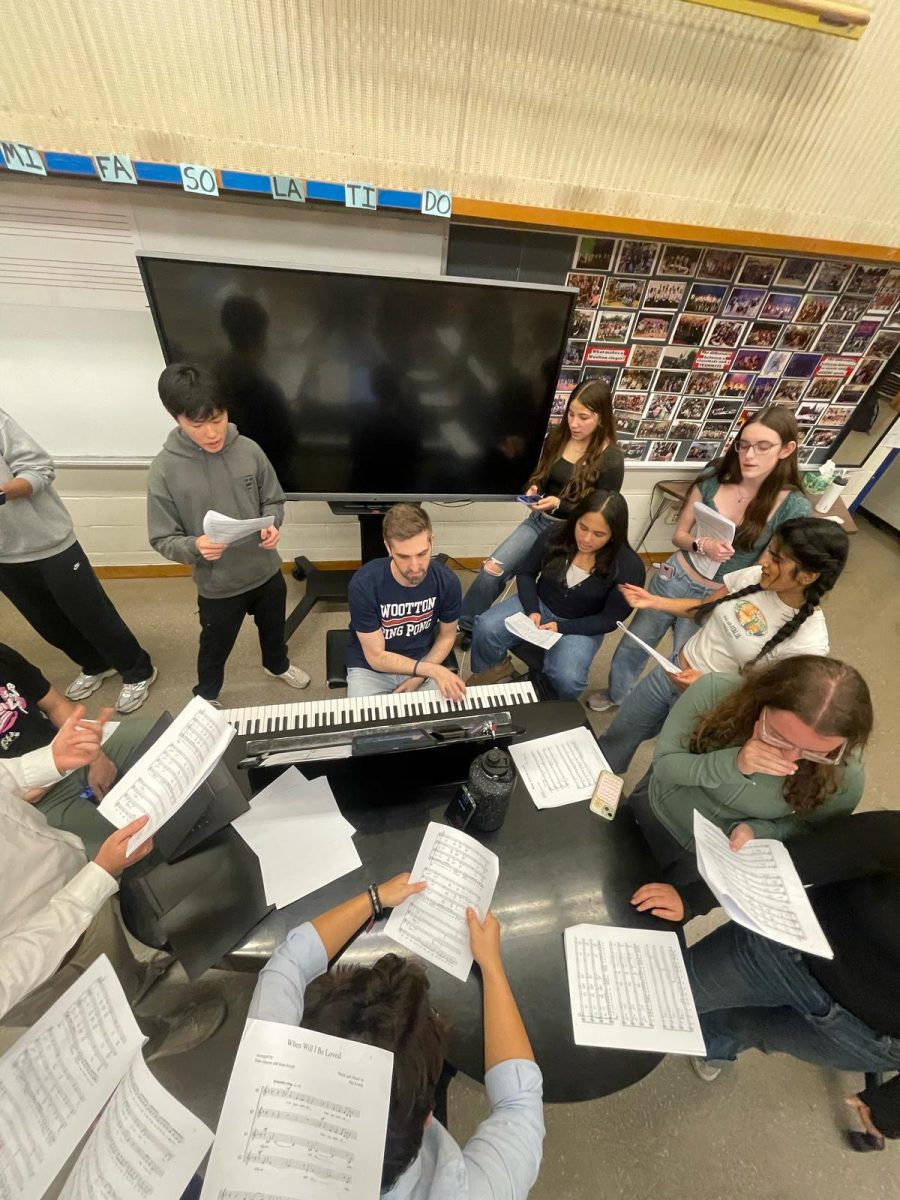Dark romance is defined as a subgenre of romance novels with darker themes and mature content. These stories often come with content warnings, morally gray characters and plots containing trauma and violence. Books containing this content are typically meant to be advertised to adults, but with the rise of social media, the age of readers of dark romance is decreasing while the overall audience for these literary works is increasing, which is extremely harmful in promoting unhealthy mindsets regarding romantic relationships.
A prime example of popular dark romance content is the book Haunting Adeline, by H.D. Carlton, which is classified as a stalker romance and involves scenes containing sexual assault. While no explicit scenes from the book will be described in detail, stalking and sexual assault will be mentioned in order to address the faults of this novel. Please keep this in mind if these are triggering topics.
One of the glaring issues of Haunting Adeline is the way in which the author romanticizes stalking. This can be seen within the first moments of the appearance of Zane, a man who is ironically described by the author as a morally gray character, and his immediate obsession with a woman named Adeline. His obsession escalates into stalking her, repeatedly breaking into Adeline’s home and leaving a rose for her to find, all while his actions are defended under the assumption of him being motivated by true love and romance.
Stalking is a traumatizing experience to both actively be a victim of and to be a survivor of. It is also associated with femicide, which is the purposeful killing of women by men. 76% of intimate partner femicide victims have been stalked by their partner, and 89% of femicide victims who had been physically assaulted had also been stalked within 12 months of their assault. Because stalking is an extremely serious topic that affects millions of people, the author both romanticizing and justifying Zane’s actions continues to spread and normalize stalking in the real world, which leads to trauma that survivors are forced to live with for the rest of their lives and possibly fatal consequences.
However, Zane’s behavior worsens when he breaks into her house, threatens her with a gun and knife and sexually assaults her. It is made clear that Adeline does not give consent; she explicitly asks him to not continue his actions, cries, tries to push him away, and even bites his cheek with so much force that it draws blood. Despite these obvious signs, Zane ignores her and attempts to justify his actions after the event, saying, “I don’t regret it,” and, “she hasn’t given me [consent] yet, but she will.” He then assaults her for the second time soon after.
Through this, the author perpetuates misconceptions about sexual assault and the importance of consent. This issue is magnified when considering the fact that younger audiences have read this book and interpreted it as romance. There are thousands of TikToks and social media posts about Haunting Adeline from both young teenagers and older men who praise Zade and his actions, which confirms the fact that dark romance literature has gained enough influence to warp readers’ perceptions of what healthy romantic relationships should look like.
Unfortunately, Haunting Adeline is only one of the thousands of dark romance novels that have become mainstream and easy to access by readers across any and all age demographics. This is largely due to the overconsumption that is encouraged by the popularity of dark romance on social media. Because dark romance books have gone viral through apps such as TikTok, this pushes publishers to release more content similar to those gaining traction among readers, which leads to more dark romance novels that push more harmful mindsets about healthy romantic relationships onto an ever-growing audience. These books can include topics such as stalking and sexual assault, as seen in Haunting Adeline, or other topics such as manipulative relationships and incest, which are issues present in several books by Colleen Hoover.
Regardless, this new wave of misguiding content serves as a reminder of the importance of being mindful when selecting a new novel to read. It is key that books, especially those that are extremely accessible to a younger audience, are free from toxic viewpoints that could encourage the further increase of abuse in romantic relationships.







![The 2025-2026 Editorial Board Alex Grainger, Cameron Cowen, Helen Manolis, Emory Scofield, Ahmed Ibrahim, Rebekah Buchman, Marley Hoffman, Hayley Gottesman, Pragna Pothakamuri and Natalie Pak (Chase Dolan not pictured) respond to the new MCPS grading policy. “When something that used to be easy suddenly becomes harder, it can turn [students’] mindset negative, whereas making something easier usually has a better impact. I think that’s where a lot of the pushback comes from. But if you put emotions aside, I do think this change could help build stronger work ethic,” Ibrahim said.](https://woottoncommonsense.com/wp-content/uploads/2025/09/fqr5bskTXpn0LRQMmKErLuNKdQYBlL726cFXBaWF-1200x900.jpg)

